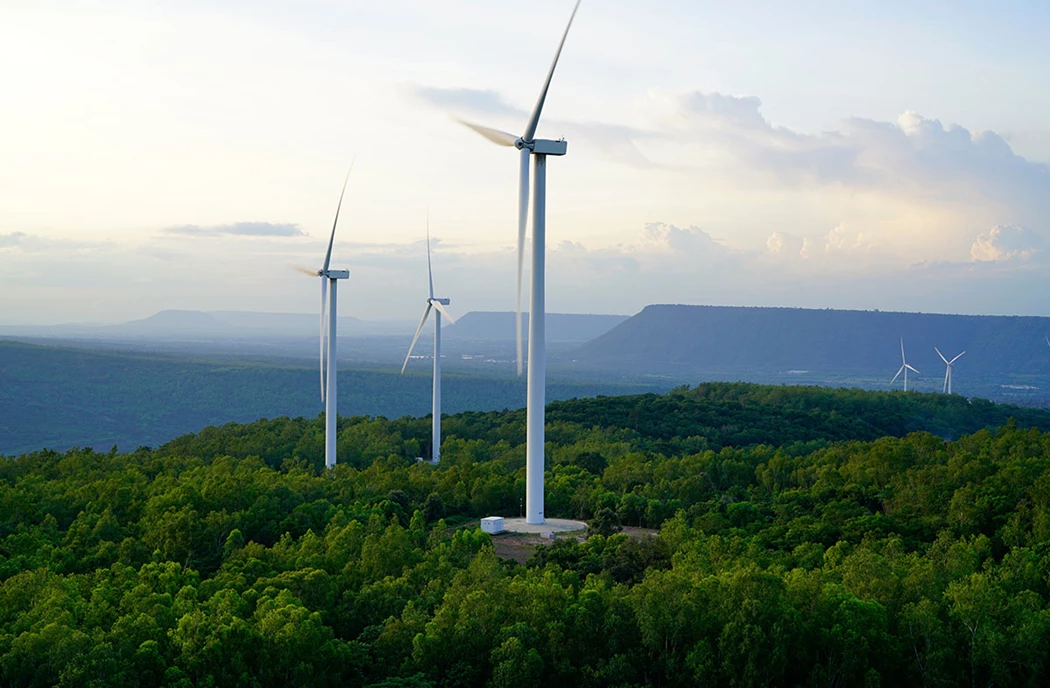World’s Biggest Mini-Grid Company Secures Record Capital Raise
(Bloomberg) -- Husk Power Systems, owner of the world’s largest number of mini-grids, said it raised $103 million to help pay for a more than sevenfold expansion in India and Africa — a record funding round for any company in its industry.
The money, $43 million of which was in equity and the rest in debt, will mostly go toward increasing the number of grids operated by the Patna, India-based company to more than 1,500 from about 200 currently over the next four years, said Manoj Sinha, the company’s founder and chief executive officer.
Mini-grids, which in Husk’s case mainly use solar power and batteries, are used to power households and small businesses in areas with no grid connections or an erratic power supply. They are increasingly being seen as a replacement for the costly and dirty diesel generators used in Africa, where about 600 million people have no access to electricity.
“We are solving this using decentralized power generation and distribution, which is mini-grids,” Sinha said in an interview. “It’s actually the most capital efficient way to power the next billion people.”
Husk currently operates about 90% of its grids in the Indian states of Bihar and Uttar Pradesh, and the rest in the Nigerian states of Nasarawa and Plateau. The expansion will enable the company to move into other parts of India, which is plagued with unreliable electricity, as well as Nigeria, the Democratic Republic of Congo and two other yet-to-be- selected African countries, Sinha said.
The lead investor in the funding round is France’s STOA Infra & Energy SAS. The US International Development Finance Corp. also invested, as did French development finance institution, Proparco. Lenders include the European Investment Bank and the International Finance Corp.
Existing investors in the company also participated in the round, said Sinha. They include Shell Ventures BV, Dutch development bank FMO and Swedfund International AB.
Husk was founded in 2008 in Bihar, Sinha’s home state, and entered Nigeria three years ago.
Going forward, about 60% of installations will be in India and 40% in Africa, with the company expected to make its first foray into Congo this year or early next year, the CEO said. About 100 million people in Nigeria, Africa’s most-populous country, don’t have access to power, while Congo, which has a population of more than 100 million, has one of the world’s lowest electrification rates.
“Nigeria is huge” and has adopted the same regulations as India regarding mini-grids, making expansion easier, Sinha said. “There are probably millions of diesel generators operating across the country.”
The mini-grids, typically 50 to 100 kilowatts in size, in India rely on biomass gasification using rice husks as a backup if there is insufficient sun. In Nigeria, they currently use diesel generators with biomass options being explored.
Customers pre-pay for electricity and can top up their accounts if they run out. Husk also installs rooftop solar panels and supplies energy-efficient appliances.
During the Africa Climate Summit in Nairobi in September, Husk set a target of erecting 2,500 mini-grids across six nations on the continent within five years at a total cost of $500 million.
The company is likely to focus on expanding its operations over the next 18 to 24 months and may then seek additional capital, Sinha said.
Husk may “do the next fund-raising through private placement,” he said. “We might have a shot at an initial public offering in three to four years.
©2023 Bloomberg L.P.





